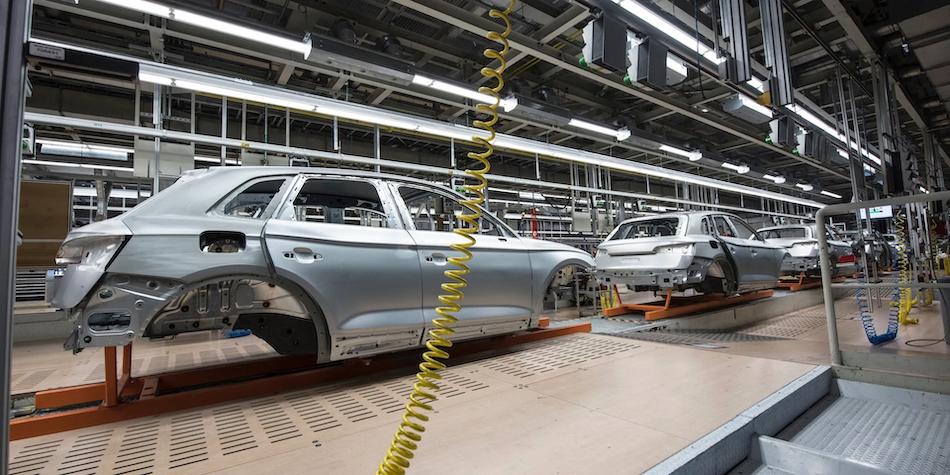
Driving Past Automotive Industry Challenges
The automotive industry is undergoing a transformative phase with technological advancements and
changing consumer demands. However, it faces several complex challenges that impact efficiency,
productivity, and competitiveness. Enterprise Resource Planning (ERP) systems can be a powerful tool for
automotive companies, providing integrated solutions to address these obstacles and drive sustainable
growth.
1. Supply Chain Complexity and Global Operations
The automotive industry relies on an extensive supply chain network, encompassing numerous suppliers and
manufacturers across the globe. Coordinating and managing this complex supply chain can lead to delays,
disruptions, and increased costs.
ERP systems enable automotive companies to optimize their supply chain by providing real-time visibility
into inventory levels, demand forecasting, and production schedules. With enhanced collaboration and
data-sharing capabilities, ERP streamlines communication with suppliers, reducing lead times and
ensuring efficient production processes.
2. Inventory Management and Production Planning
Balancing inventory levels and production planning can be a delicate task for automotive companies.
Overstocking or stockouts can lead to financial losses and customer dissatisfaction.
ERP systems offer advanced inventory management modules that track inventory levels, monitor stock
movement, and automate reorder points. By integrating production planning with inventory data,
automotive companies can align production schedules with actual demand, optimizing production
efficiency
and reducing carrying costs.
3. Compliance with Safety and Environmental Standards
The automotive industry faces strict safety and environmental regulations, requiring adherence
to
quality standards and emissions control.
ERP systems equipped with compliance features help automotive companies meet safety and
environmental
standards by maintaining detailed records of product specifications, testing results, and
manufacturing
processes. This data can be easily accessed for audits and regulatory reporting, ensuring full
compliance with industry standards.
4. Product Lifecycle Management and Innovation
Automotive companies are under constant pressure to innovate and introduce new, cutting-edge
products to
remain competitive. Managing the entire product lifecycle while meeting stringent quality
standards can
be challenging.
ERP systems with Product Lifecycle Management (PLM) capabilities enable automotive companies
to
streamline product development, design, and testing processes. Collaborative PLM platforms
foster
cross-functional teamwork, ensuring that design changes, feedback, and updates are
efficiently
communicated throughout the organization, leading to faster time-to-market for new
innovations.
5. Customer Relationship Management (CRM) and After-sales Service
Delivering exceptional customer experiences and after-sales service is crucial for
automotive companies
to build brand loyalty and maintain a competitive edge.
ERP systems with integrated CRM modules allow automotive companies to manage customer
data, track
interactions, and analyze customer feedback. By gaining insights into customer
preferences and behavior,
companies can personalize their services, anticipate customer needs, and offer efficient
after-sales
support.
Conclusion
As the automotive industry navigates a dynamic landscape, ERP solutions emerge as a powerful ally to overcome challenges and drive sustainable growth. From supply chain optimization and inventory management to compliance adherence and product innovation, ERP systems offer integrated solutions to enhance efficiency and competitiveness in the automotive sector. By embracing ERP, automotive companies can position themselves for success, embracing digital transformation, and delivering outstanding products and services that resonate with consumers worldwide.